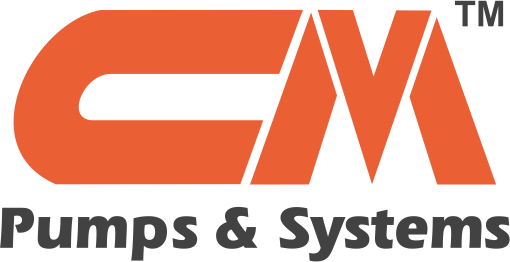Knowledge Base
- Home
- /
- Knowledge Base
- /
- Magnetic drive pumps for...
Magnetic drive pumps for liquid containing solids
Magnetic drive pumps have very limited solids handling capability. The pumped liquid should be clean or else the solids will collect in the passages surrounding the magnet and in the close tolerances of bearings such as between the sleeves. This will interfere with the pump’s performance and cause problems, sometimes even failures. In addition, solids will wear out the bearings and other components.
Liquids containing ferrous particles are problematic in a magnetic drive pump because the particles collect on the magnet and can cause the pump to weaken and even stop working over time. Theoretically, sleeve bearings might be able to grind up some particles of a lesser hardness; this has resulted in some claims for solids handling capabilities of magnetic drive pumps. These “wild” claims by some manufacturers have been extraordinary, exaggerated and even false. This solids handling capability depends on details, like the size of the solids as well as the materials and characteristics of the bearings — the presence of some solids can be less problematic with hard and strong bearing materials than with weaker materials used in some low-cost bearings.
As a rough indication, the upper percentage and size limits of solids in the pumped liquid might be noted as 1.5 percent and up to 70 microns. For some special pumps, the latter might be up to 100 microns. There was a case of very strong and robust magnetic drive pumps that successfully handled 2 percent or 2.5 percent of solids to 150 microns. The limit on particle size is usually dictated by bearing clearances. Higher particle size may be screened out with a screen, strainer or filter in the way of liquid to bearings. There can be pumps operated for 5 percent solids (or sometimes more) up to 200 microns (or even more) if a clean flush is provided to the magnetic drive or if a closed-loop system is fitted; such a system is a special one available only from a few manufacturers.
Indeed, the above-mentioned figures are some very simplified and rough limits. For a reliable and optimal selection of pump for each service, comprehensive analyses and studies should take into account characteristics and the nature of solids. For instance, sticky or fibrous solids may block bearings or flow channels. Highly abrasive solids will eventually wear parts, and in these services, strong wear-resistant materials should be selected for the maximum pump life. All potential operating ranges should be considered for a proper pump selection. At low flows, the recirculation will accelerate wear, and at higher flow rates, the high rates of solids will increase the wear rate.
